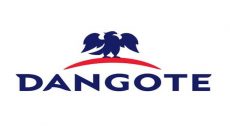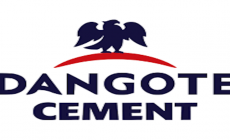Know Your Traditional Investments or Assets
What are Traditional Investments or Assets?
An asset class refers to a group or collection of investments with same or similar characteristics, qualities and legal or regulatory structure.
Traditional assets are relatively very popular and preferred amongst investors who desire a very hands-off approach (passive investing) but seek to preserve and grow their wealth.
They are often very liquid (easily converted to cash), offer some risk diversification and have historically offered competitive long-term returns.
Examples of Traditional InvestmentsThe traditional asset classes include the basic categories of the following;Cash (cash and money market instruments)Bonds (fixed income)Stocks (equities)Some Characteristics of Traditional InvestmentsCash, Bonds and Stocks are all largely very liquid (easily converted to cash) with cash investments being the safest and offering the lowest returns compared to stocks which are relatively risky but have historically offered the better long-term returns.
They often require moderate entry amounts for example most money market funds in Nigeria require a minimum subscription amount of N5,000.00 while N100,000.00 is required to purchase FGN Treasury Bills.
Why Invest? Competitive short term returns.Steady stream of income.Usually very liquid (easily converted to cash).They are often very highly regulated i.e. additional security..Why not? Limited long term options and low long term returns.
Subject to various risk e.g. credit risk (investment issuer might be unable to repay investors) etc.Inflation (general increase in the prices of goods and services) can erode the real value of traditional assets.
The Nigerian financial ecosystem has a largely accessible and functional traditional asset class marketplace with stakeholders including; the Central Bank of Nigeria (CBN), Debt Management Office (DMO), Securities and Exchange Commission (SEC), Nigeria Stock Exchange (NGX), debt issuing companies, deposit money banks, etc.
Traditional investments can often add some stability to more aggressive and risky investment strategies.
Different asset classes are beneficial in some situations but risky in others but by educating yourself about these different traditional asset classes and learning what options are available, you get closer to building a risk/ reward well balanced and diversified portfolio.
Ultimately your choice depends on your financial goals, investment preferences, and tolerance for risk
























